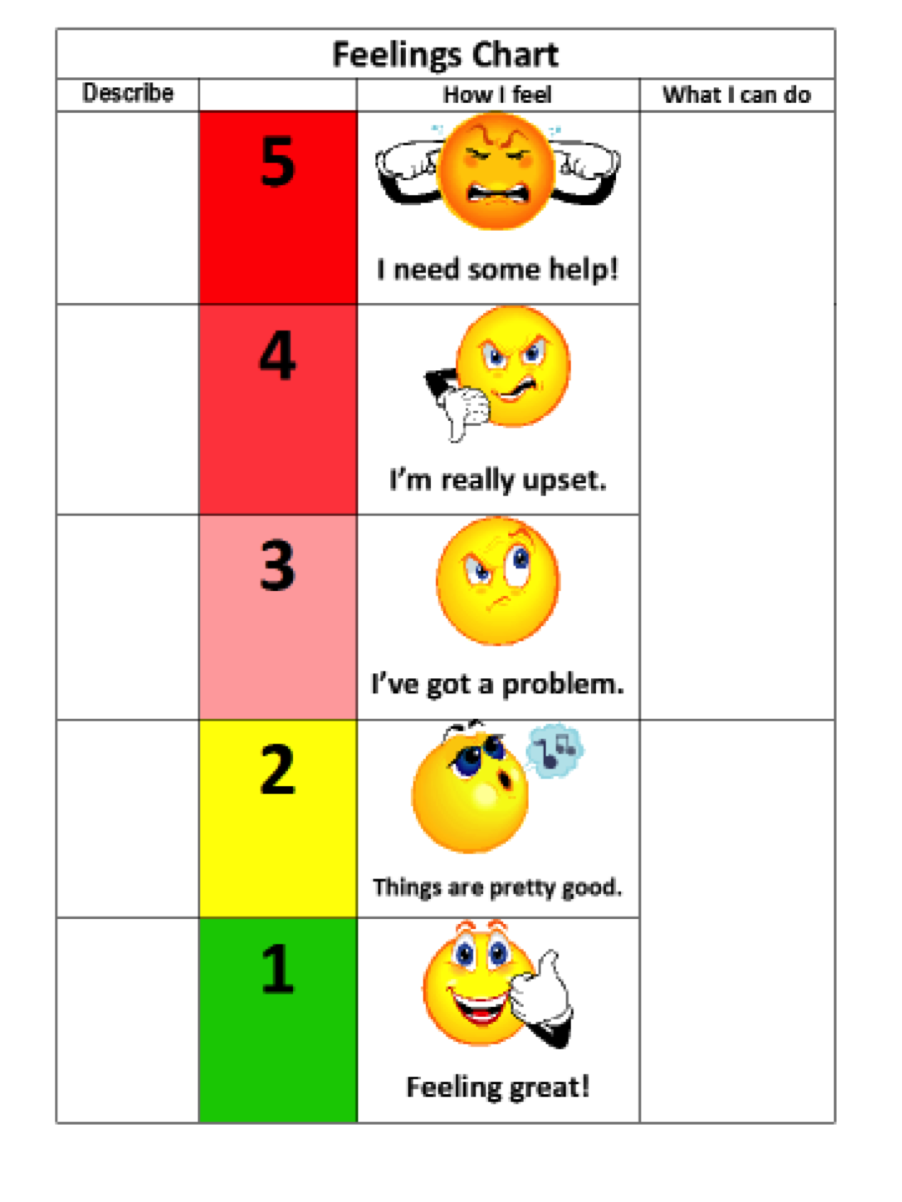Reading Emotions: Embarrassment
Embarrassment is a powerful emotion. When we are in a social situation and feel ashamed, it’s not possible to control our reaction. After all, you can’t stop yourself from blushing, if that’s one of your responses to embarrassment. In states of embarrassment people want to hide, become invisible, or, asContinue Reading






